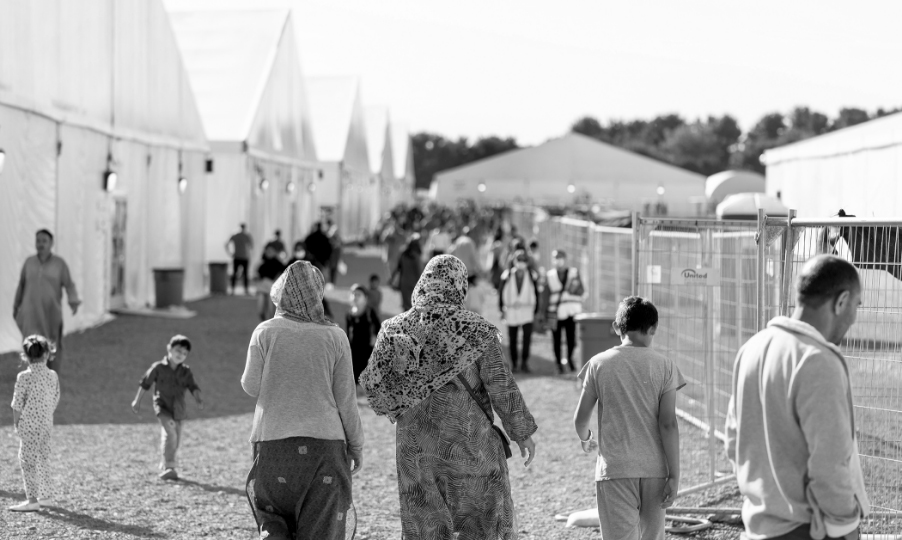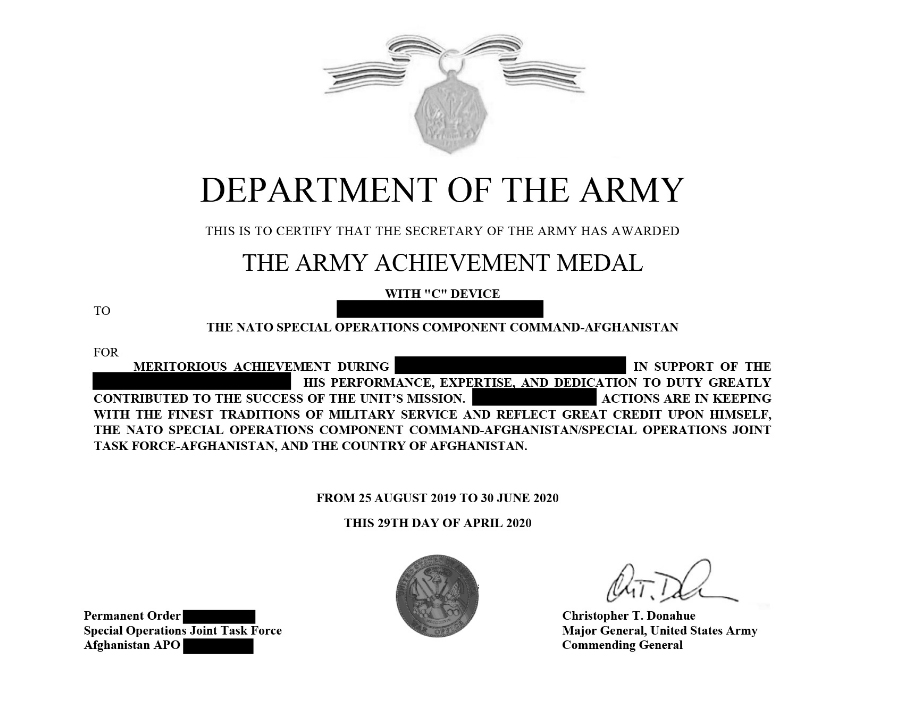Protecting Afghan Refugees
On August 15, 2021, the Afghan Republic collapsed and the Taliban returned to power. During the chaotic and violent days surrounding the Taliban’s resurgence, the United States and its allies attempted to evacuate Afghans who feared retribution. While many were left behind, tens of thousands of Afghans arrived in the United States seeking humanitarian protection. The government responded by giving Afghan nationals certain benefits, including Temporary Protected Status, humanitarian parole, and an expeditious process for their asylum applications, among other things.
Our longtime pro bono partner Human Rights First created Project Afghan Legal Assistance (PALA) to coordinate legal representation for Afghans in the United States. Through PALA, we represent two individuals who escaped Afghanistan with the assistance of the U.S. military and its allies. We have submitted asylum applications for our clients and represented them in interviews in the asylum office. They now await a decision on their pending applications.

Photo by AP Photo/Andrew Harnik
●●●●●
“Hadad” was a high-ranking official within the Joint Special Operations Command (JSOC), composed of Afghan and American special forces. In March 2021, a Taliban double agent infiltrated his unit. The insider collected information on JSOC leadership and provided Hadad’s name, picture, and call-sign (a unique military identifier) to Taliban leadership. Even before the Taliban seized power, Taliban agents were looking for Hadad and had threatened to kill him.
Hadad was able to escape Afghanistan with U.S. forces, but he was not able to retrieve his wife and two small children before fleeing. Within days of the Taliban’s takeover, Taliban fighters went to Hadad’s home to kill him, only to find it empty. The fighters approached Hadad’s brother and his neighbor and asked about Hadad’s whereabouts. To protect Hadad, his brother and neighbor responded that he and his family had left Kabul. In reality, Hadad had been evacuated by American forces, and his family remains in hiding and in danger to this day.
Hadad is currently employed full time and enrolled in a pharmacy technician vocational program at a community college. He lives in constant fear for his wife and children. Once Hadad obtains asylum, he can petition for his family to join him in the United States.

●●●●●
“Ziba” is a single, educated woman who was a well known public advocate for women’s rights in Afghanistan. While pursuing her university degree in midwifery, Ziba founded a women’s rights and social organization with the goal of helping women in her community advance financially and empower themselves with knowledge of their bodies and health. Ziba registered the organization under her name with multiple government offices in Afghanistan. Her identity and affiliation with the women’s rights group are therefore now known to the Taliban. Ziba’s work with this organization, her education, and the fact that she chose to remain single are all an affront to the Taliban’s views of the role Afghan women hold in society.
Ziba is also part of the Hazara ethnic group, which is often perceived as “Westernized,” and she is a Shi’a Muslim in an overwhelmingly Sunni Muslim country. Based on the view that Shi’a Hazara are not “real Muslims,” the Taliban often discriminates against them and targets them for violence. All these aspects of Ziba’s identity place her at significant risk of persecution.
Ziba was living and working in Kabul when the Taliban regime took over, and she decided to try to make it to the airport to see if she could secure a spot on one of the planes evacuating Afghanistan.
Her life was saved when U.S. forces pulled her from the crowd and placed her on a plane that would bring her to safety.
Since coming to the United States, Ziba has acclimated to her community, is employed full time, and has been accepted to nursing school. She looks forward to living in this country without fear of violence and retribution for her political opinions, ethnic and religious identities, and lifelong commitment to supporting women’s rights.

Photo by Bernard DeLierre
